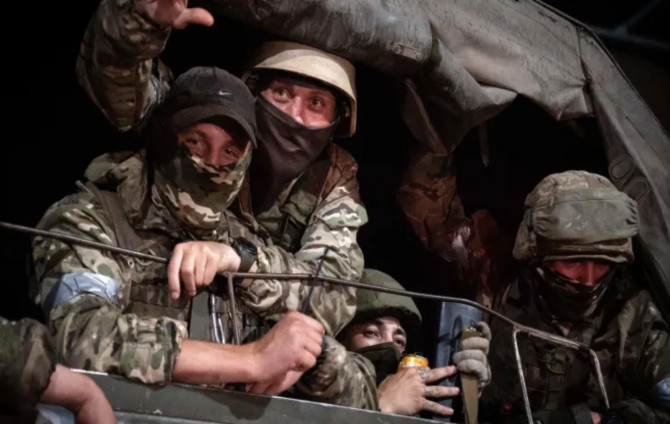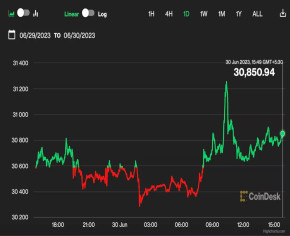
Posted By- Admin
17 Dec, 2021
What next for Wagner? Russia’s Putin battles to regain control after short-lived revolt
The recent Wagner rebellion exposed deep divisions within Russia’s military forces, raising questions about what it all means for the mercenary group’s fighters and the war in Ukraine.
In the space of just a few chaotic hours on June 24, the Wagner Group launched an apparent insurrection by sending an armored convoy toward the Russian capital. It marked what many regard as the greatest challenge to Russian President Vladimir Putin’s authority in his more than two decades in power.
The short-lived rebellion was abruptly called off, however, when Wagner boss Yevgeny Prigozhin agreed to de-escalate the situation and ordered his fighters advancing on Moscow to return to their bases.
The fallout has left many observers of Russia’s full-scale invasion of Ukraine asking what next for the Wagner Group’s future, both in Europe and across the globe.
The Institute for the Study of War, a U.S.-based think tank, said in its latest Russia offensive campaign assessment that the Kremlin may seek to assume formal control of the Wagner Group and turn it into a state-owned enterprise, although it is not yet clear if this is the Kremlin’s intention.

